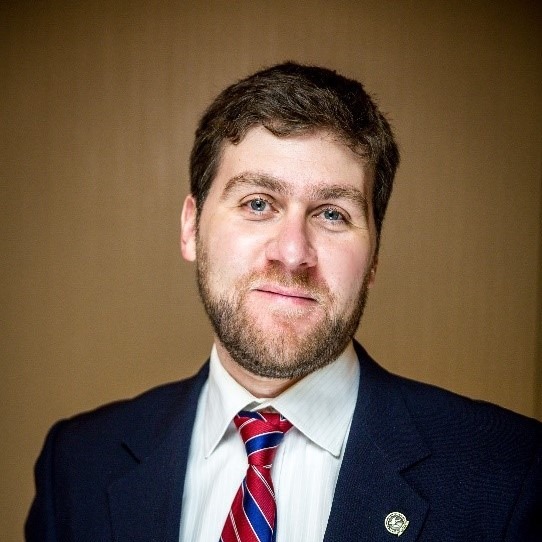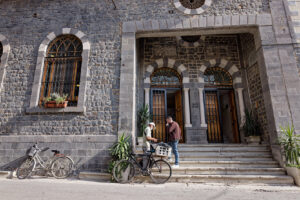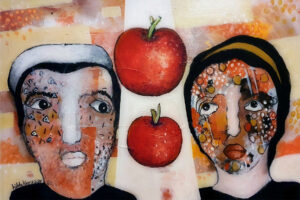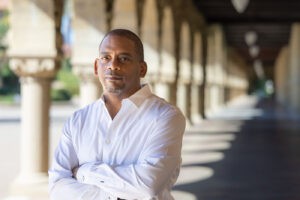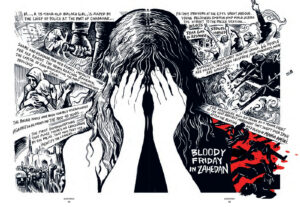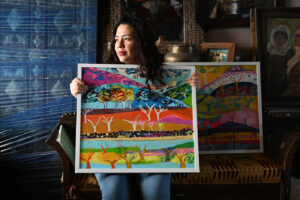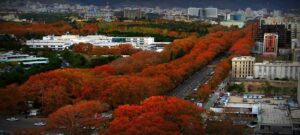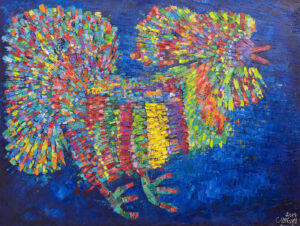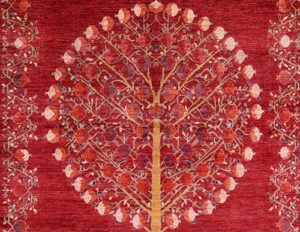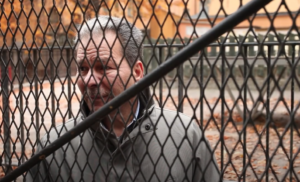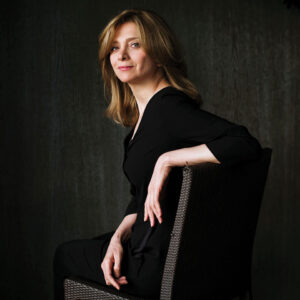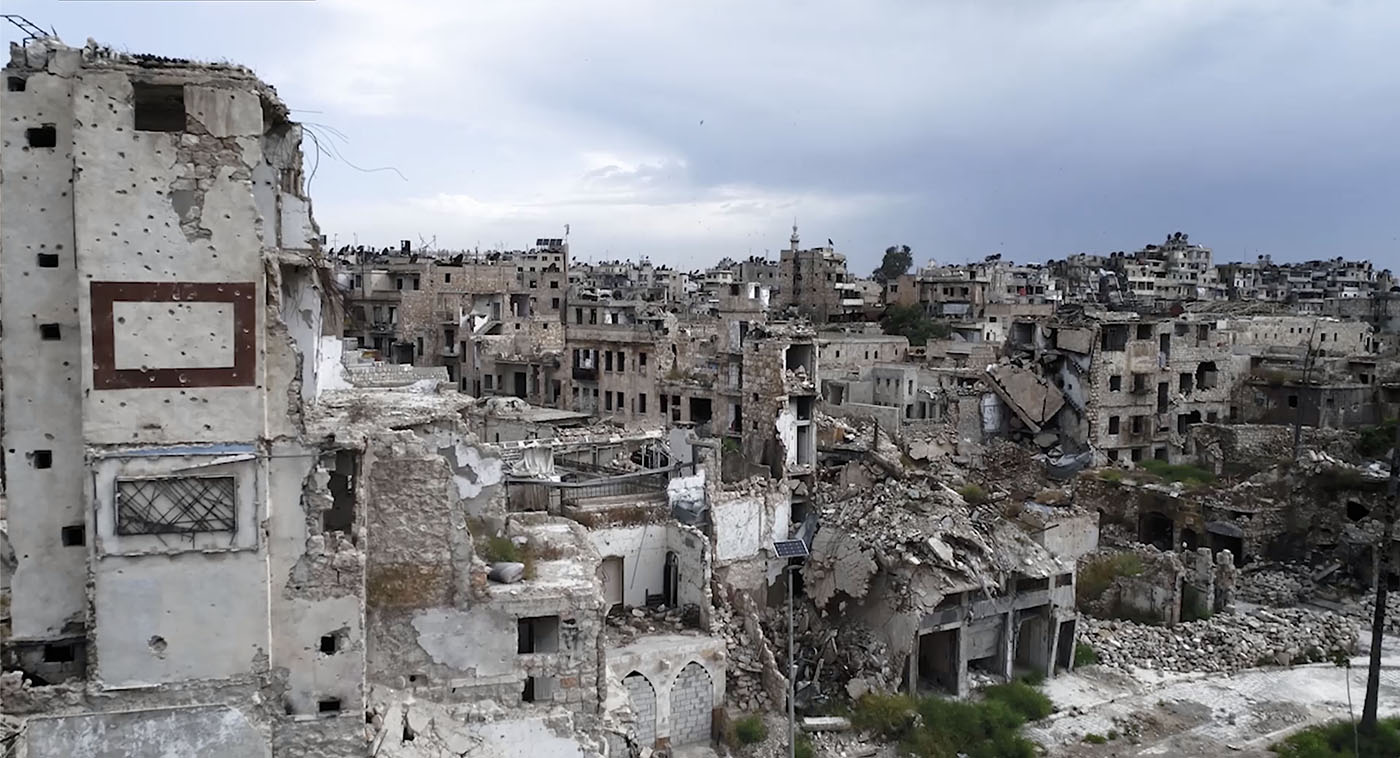
TMR welcomes letters to the editor in response to published articles, which will be edited for brevity and clarity. This letter is in response to Fouad Mami’s “Questionable Thinking on the Syrian Revolution,” which appeared in TMR on August 1, 2022.
Abdullah Chahin
I want to start by thanking Dr. Fouad Mami for taking the time to review my book: Nawãr (Savages: Probing the Transformation of Individual and Collective Consciousness under Totalitarian Regimes: Syrian Society as an Example, Riad El-Rayyes Books: Beirut, Lebanon. ISBN: 978-9953-21-748-2). This book was not an easy one to write, nor is it easy to read. It attempts to trace the ideological and behavioral changes of Syrian communities under the brutal regime that is currently in power, and how those changes reshaped social and interpersonal interactions. The totalitarian regime hijacked not only the political arena, but the economic, cultural, and religious aspects of life in Syrian society. The regime has practiced collective punishment in order to tighten its grip on our society, which became one in which people had to police themselves and their surroundings for the purpose of self-preservation. This has not only deepened the sense of otherization in society, but has also created a false notion of “everyone” versus those who dissent from the regime — and are consequently depicted as having effected a break with society at large.
The answer was in the book’s title all along!
This rebuttal does not exhaustively tackle all the deficiencies in Dr. Mami’s argument. Instead, it concerns itself with the more egregious ones. One of the major errors in Dr. Mami’s reading is his inability to trace the cause and effect of the Syrian quagmire. The title of the book clearly indicates that the examination is of a societal transformation caused by a brutal totalitarian regime, and not the opposite. I am shocked that the entire premise of his argument against the book is refuted by its very title! Claiming that this book blames Syrian society for the brutal regime is utter nonsense and is baseless. And so are all the conclusions Dr. Mami came to after reading the book.
Dr. Mami, who expresses a positive impression of the second chapter, quotes the following passage (he mistakenly cites the relevant page as 175, whereas it is in fact 177): “In collaboration with several experts in fields such as micro-economy, human leadership, and durable development, we planned in 2013 a small developmental project called Mihãd. The point of the project was the building of individuals’ set of skills, precisely the ones pointed out by experts as well as on-ground activists in the liberated areas. Even though the awareness of the lack of training comes from the very people that applied for funding, we noted that interaction was almost inexistent … from over 200 people who registered for the event, only 10 people attended the first workshop. The remaining workshops did not witness more than five attendees…”
Then, he misleadingly states that I have concluded that “lack of participation is catastrophic” and that “ordinary Syrians are beyond redemption, given their current ways of perception and making sense of the world.” This outrageous and outlandish conclusion is Dr. Mami’s own, and not mine. It only takes one to read the following paragraph to see the point I was trying to make from the mention of my work on capacity-building in Syria, which is that there was weak insight among the participants when it came to skills that they thought they possessed — in this scenario, administrative and managerial. To claim that, simply because of this simple interaction with a small group of participants, I wrote off an entire nation as irredeemable speaks volumes of the quality of the reading Dr. Mami has given this book.
I had hoped that Dr. Mami’s review would be more detailed, with examples and critiques that are better formulated. Instead, he dismisses the book as “a hotchpotch of half-digested and borrowed ideas from junk science, folk wisdom, motivational psychology, and self-help literature.” This does not reflect well on the objectivity or the professionalism of the reviewer, especially when he fails to bring forward a single example of what he alleges.
As a political asylee who had his first experience of illegal detention and interrogation at age 14, and who lost countless friends and family members to the regime’s massacres and to forced disappearance, I condemn his description of me as “counterrevolutionary by default” and a “depressive reformist.” This book got me banned from seven Arab countries. It brought death threats to my inbox. It adds to the existing risk of retaliation on my remaining family members in Syria. I want Dr. Mami to know that this is just the beginning of our struggle. We succeeded in exposing the Syrian regime as a violent mafia, but we still have not achieved our aspirations for freedom, justice, equality, and pluralism in Syria. Our path is long, but we are prepared to forge ahead. The blood and tears we collectively shed for this cause must not be to no avail.



